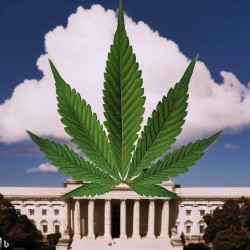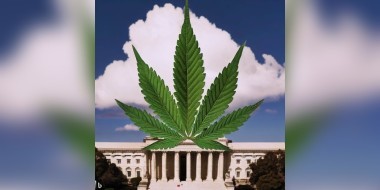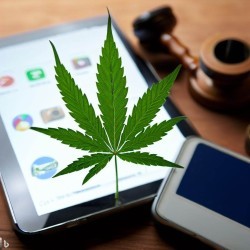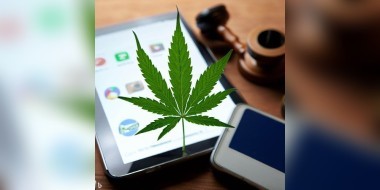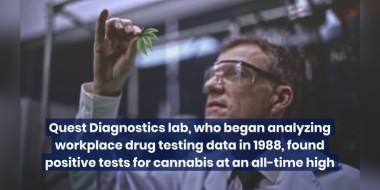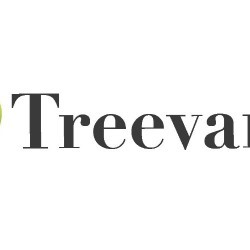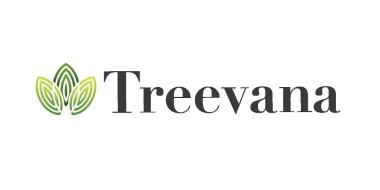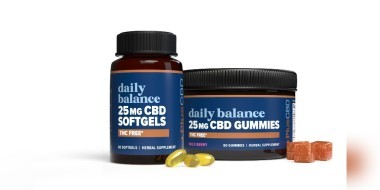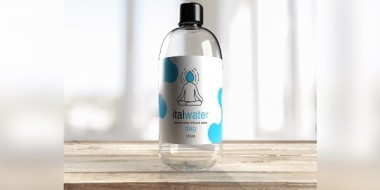CBD Legalization Updates
As with all cannabis-related products, the legal landscape for CBD is changing and shifting rapidly. Many states are reforming their cannabis legislation to align with new social and political attitudes about the use of cannabis for medical and recreational purposes.
But CBD enthusiasts have always had one advantage over users of other cannabis products. To be created, CBD does not require the cultivation of THC-containing marijuana. Since THC has always been the focus of drug warriors - and remains a Schedule 1, prohibited drug at a federal level - CBD’s “independence” from it has allowed the proliferation of a large gray market in cannabidiol.
CBD Legislation
CBD’s legal status changed dramatically in 2018 with the passage of the 2018 Farm Bill in the United States. This legislation removed the federal prohibition against the cultivation of the hemp plant, from which cannabidiol is sourced.
That said, the only “fully legal” - or, in other words, FDA-approved - use of CBD is as an anti-seizure medication in the form of Epidiolex, a brand of drug manufactured by Greenwich Biosciences.
Additionally, many states have additional regulations or prohibitions that are relevant for those who wish to grow or manufacture CBD.




